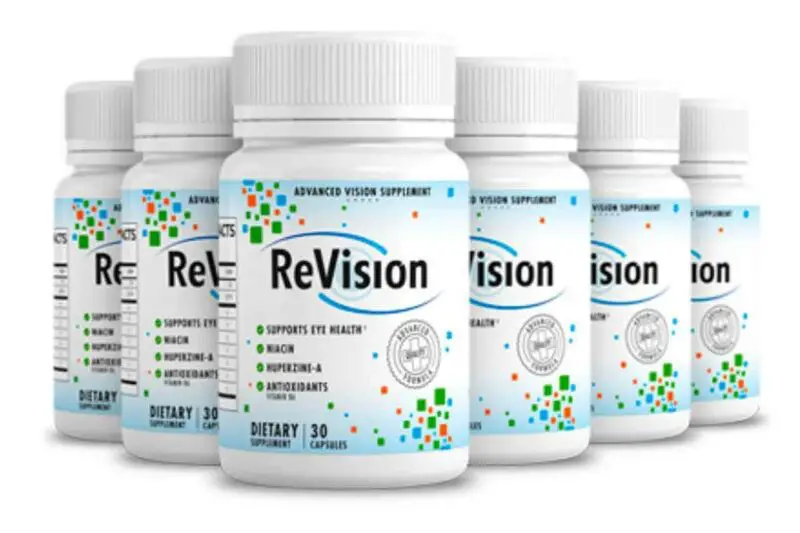Over the years, as we progress, some brain cells lose the ability to utilize glucose, which is the brain’s main source of energy needed for the brain to function properly. Cognitive degeneration begins years before diagnosis, so it is important to cover all prevention options including Revision supplement to maintain the integrity of brain cells.
Saturated fats Saturated fats are the main constituents of our brain cells, so it doesn’t have to be a big surprise that this Revision supplement is an essential building block for our brain cells. Studies in the Advances in Nutrition Journal show that those who consume high in saturated fat have a 36% reduced risk of developing dementia.
Sources of saturated fats include coconut oil; dairy and meat products fed with grass and ready to eat; poultry pasture; and feed pork. Polyunsaturated fats (Omega -3 fatty acids) We’ve all heard about the many benefits of consuming omega-3s, and for good reason. Docosahexaenoic acid (DHA) is a fatty acid that is found in our brains, retinas, and hearts and is essential for the efficient functioning of nerve and heart function.
According to the University of Maryland Medical Center, there is a strong association between low DHA levels and decreased cognitive function in the elderly and in patients with Alzheimer’s disease.
They keep the cells in our brain flexible, allowing the built-in proteins inside the cells to change shape freely. Good sources of omega-3 include caught wild salmon; Sardinia; grass-fed meat and cooked meat; grazing bird; and feed pork.
Plant sources of omega-3, such as chia seeds, flax, and hemp, are high in ALA; the body is able to convert ALA to EPA and DHA, but only in very small amounts. Medium chain triglycerides (MTC) Who hasn’t heard of all the health benefits of coconut oil?
MTC is one of the main reasons why coconut oil mania is so common: coconut oil contains all four MTCs. The four ITCs are capric acid (C6), caprylic acid (C8), capric acid (C10), and lauric acid (C12).
When we eat coconut oil, it is through these MCTs that our liver produces ketones, which are byproducts of the body’s fat breakdown. Ketones have been shown to improve brain function in patients with mild to moderate cognitive impairment and provide an additional source of energy for the brain.
Animal experiments by the Cardiac Metabolic Research Group at Oxford University have shown an improvement in brain cell function, a reduction in Alzheimer’s-like pathology, and increased training in older animals.
Cholesterol According to PubMed, “Lowering cholesterol levels can impair brain function because cholesterol is required for synapse formation and maturation and plays an important role in regulating signal transduction through cell membrane component function.”
As I mentioned earlier, 25% of the brain is made up of cholesterol; Revision acts as an antioxidant, a vital component in maintaining the integrity of membrane functions, and it is the raw material from which we, our bodies, are able to produce hormones and nutrients such as progesterone, estrogen, cortisol, testosterone, and vitamin D. CV Now that you know the amazing cognitive benefits of adding these important Revision supplements to your diet, go to your local farmers market and buy grass-fed meat and dairy products.
Do yourself a big favor and buy cold-pressed unrefined coconut oil for an extra virgin color: you won’t be wrong!






